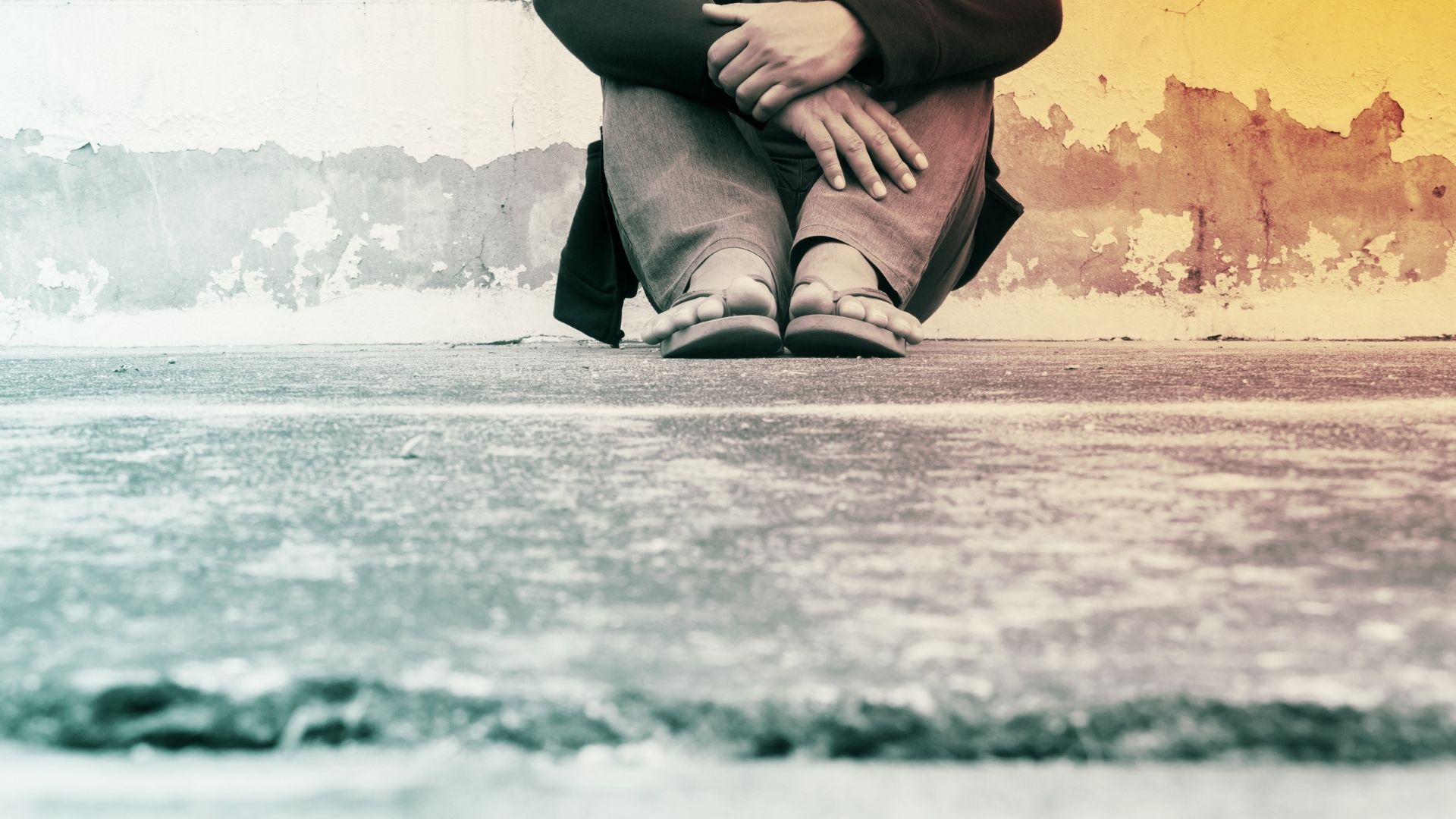This past week I was bombarded with inquiries from Christian friends and acquaintances wanting to know my opinion on the different petitions and groups around their cities that are offering solutions to our homelessness crisis. The folks asking are thoughtful and kind; they want to be informed and compassionate but, like many of us across North America, they are weary and want to see change.
To these fellow Christians and to you, dear reader, I say: before we can begin to roll up our sleeves, put our heads together or rally a response, we must first acknowledge that we are building on the wrong foundation and are in need of a paradigm shift.
As a society we refuse to look at, really look at, what this is all about. Our transactional, charity-driven, systematized attempts at care for our unhoused community are disconnected from our actual humanity and heart-based knowledge. And the tents that line our streets serve to make visible the death that has been here all along: our inability to think communally and remember that the very needs we have within us are kin to what our neighbor in the tent needs.
In short: we continue to create, participate in, and demand models of care that we would never set foot in ourselves and we are, in real-time, contributing to the dehumanization of a people group in thought and action.
Let me explain: I have spent the last 18 years with intention towards my unhoused neighbors, accompanying them in the day-to-day stuff of life. I’ve spent time in shelters, hospital rooms, on street corners, at appointments, and in the non-profit drop-in center and medical clinic that I co-founded. What I have learned in this world of mostly systemized charity is that we have neglected to include even the slightest trappings of the things that make us all human and upon which a human being’s mental health depends: the lived out questions of who am I and what am I. These questions can’t be answered by professionalized care, for it has to do with a sense of belonging, of counting, and of mattering. It is the “stuff” of being human. The very fleshy, messy, particular to only you, hand-on-your-heart questions and birthright of every single one of us.
My experiences with this beautiful community convince me that the overall health of the human being is directly correlated with their sense of belonging and purpose in society. As they are, our policies and programs aimed at caring for our unhoused neighbors only serve to perpetuate a social death and lack of meaning that further isolates. This growing isolation and dehumanization then keep this population from feeling safe enough to access the social, health, and housing services that they desire and deserve and that we so desperately want them to utilize.
READ: Stewarding Our Privilege for the Kingdom of God
Until we begin to ascribe to the people we’re attempting to “serve” the same kinds of complexities, nuances, kindnesses, and curiosity that we ascribe and acknowledge in ourselves, we will continue to create models of care that simply do not work.
So, before we propose our solutions, may we close our computers and place our hand on our heart. We must begin here. And then we must create programs and services that take a person’s sense of place into account; programs and services that are restorative not retributive, wholeness enhancing not problem solving, subjective not objective, contextualized and not cauterized. Successful programs put a person’s inherent dignity and particular personhood front and center, just as you (my neighbor) and I would desire and demand.
Some may say that our cities are “dying” because of these tents, but I say that maybe, just maybe, the denial of our shared humanity has finally been made visible enough that it can give way to a fertile ground that is worthy of a humanizing harrow. And this is our work to do. We have the answers within ourselves more than we know.

